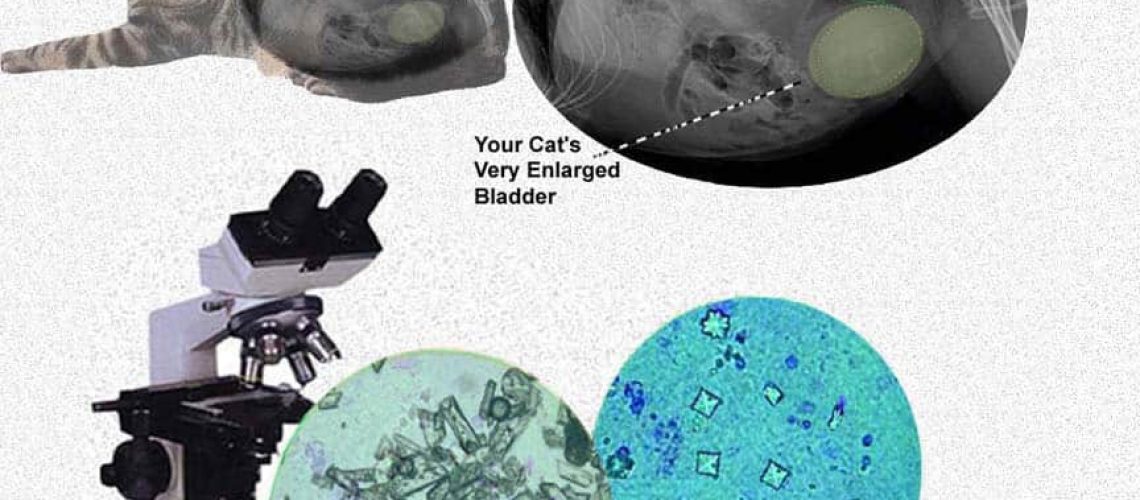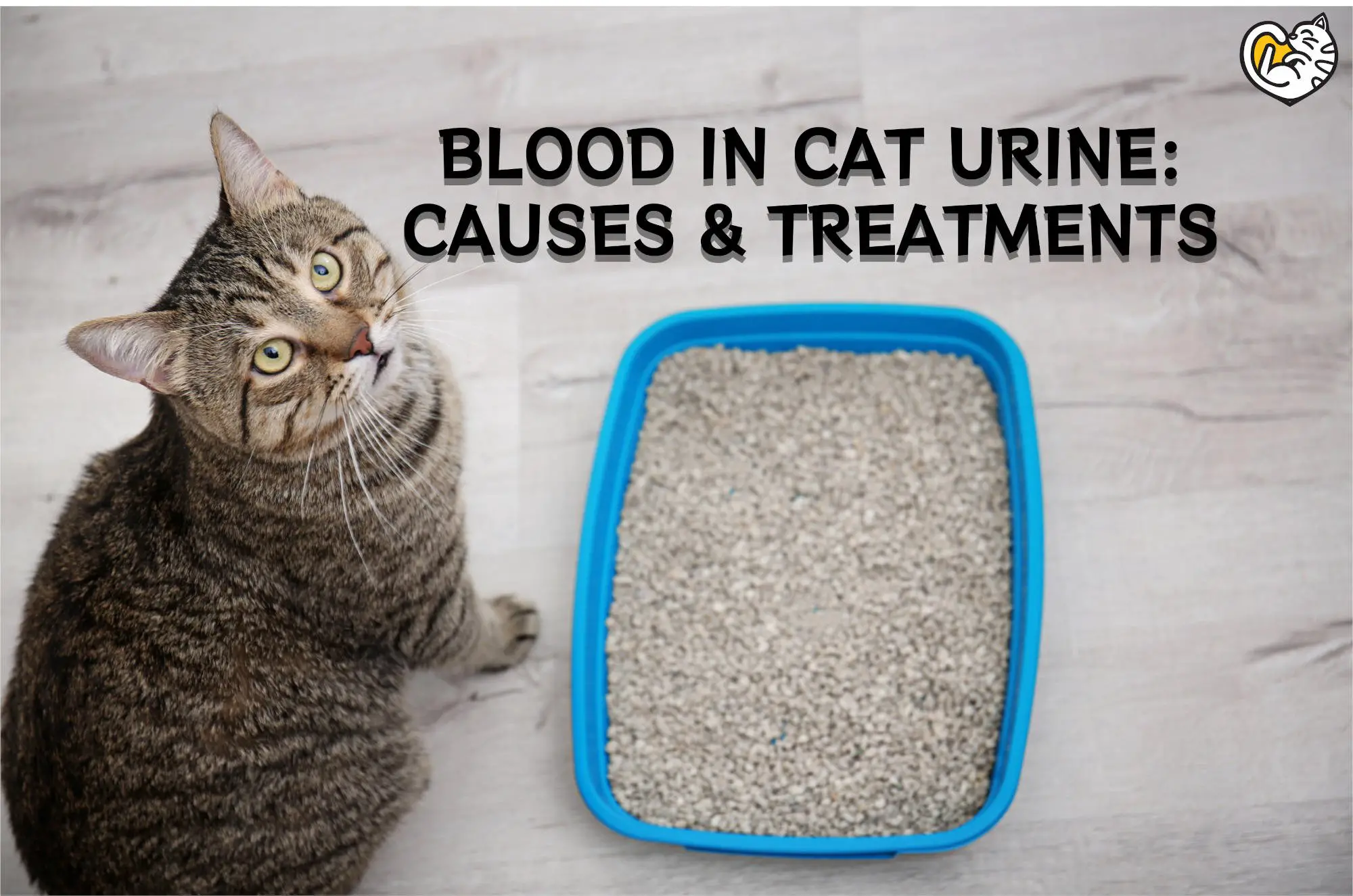Key Takeaways:
- Difficulty or inability to urinate is a serious emergency for cats.
- A cat unable to pee may be suffering from a urinary blockage, which can quickly become life-threatening.
- Seek immediate veterinary care if your cat is straining in the litter box or showing signs of pain while trying to urinate.
- Urinary blockages can be caused by various factors including bladder stones, urinary tract infections, or urethral obstructions.
- Prevention is key - ensure your cat stays hydrated, eats a balanced diet, and receives regular veterinary check-ups to detect any potential urinary issues early on.
The Importance of Knowing What to Do When Your Cat Can't Pee
Understanding the Dangers of Urinary Blockages in Cats
When a cat is unable to pee, it can be a serious and potentially life-threatening situation. The inability to urinate can lead to a buildup of toxins in their body, which can cause kidney damage or even kidney failure. It is crucial for cat owners to recognize the signs of urinary blockages and take immediate action to prevent further complications.
The Emotional Toll on Your Cat
Not being able to urinate can also be extremely uncomfortable and painful for your cat. They may experience distress, restlessness, and even become aggressive due to the discomfort they are feeling. As a responsible pet owner, it is important to understand the emotional toll this condition can have on your furry friend and take steps to alleviate their suffering.
Recognizing Signs of a Cat Unable to Urinate
Changes in Litter Box Behavior
One of the first signs that your cat may be unable to pee is a change in their litter box behavior. They may spend more time than usual in the litter box or attempt to use it frequently without producing any urine. Additionally, you may notice small amounts of blood in their urine or around the litter box.
Visible Discomfort and Restlessness
A cat experiencing urinary blockage will often exhibit visible signs of discomfort and restlessness. They may constantly lick their genital area or exhibit signs of pain when trying to urinate. Your cat might also display symptoms such as vocalizing loudly or hiding away in unusual places.
Possible Reasons Why Your Cat May Be Unable to Pee
Urinary Tract Infections (UTIs)
One common reason why cats may struggle with urination is a urinary tract infection. UTIs can cause inflammation and blockages in the urinary tract, making it difficult for your cat to pass urine. Bacteria or other microorganisms can enter the urinary system, leading to infection and potential blockages.
Bladder Stones or Crystals
Bladder stones or crystals can also obstruct the flow of urine in cats. These mineral deposits can form in the bladder and cause discomfort or even complete blockage. Certain diets or underlying medical conditions can increase the likelihood of bladder stone formation.
Immediate Steps to Take if You Suspect Your Cat Can't Pee
Do Not Delay - Seek Veterinary Assistance
If you suspect that your cat is unable to urinate, it is crucial not to delay seeking veterinary assistance. This is a medical emergency that requires immediate attention. Contact your veterinarian or an emergency animal clinic right away for guidance on what steps to take next.
Keep Your Cat Calm and Comfortable
While waiting for veterinary help, try to keep your cat calm and comfortable. Provide a quiet and warm space for them to rest, away from any stressors or loud noises. Avoid attempting any home remedies without professional advice as they may worsen the situation.
Exploring Home Remedies and Treatments for Cats with Urinary Issues
Increase Water Intake
One home remedy for cats with urinary issues is increasing their water intake. Encouraging your cat to drink more water can help flush out their urinary system and prevent future blockages. Consider using a pet water fountain or adding water to their wet food to make it more appealing.
Dietary Changes
In some cases, dietary changes may be recommended by your veterinarian as a treatment option for cats with urinary issues. Specialized diets that promote urinary health can help prevent the formation of crystals or stones and maintain a healthy urinary tract.
Knowing When to Seek Veterinary Assistance for a Cat That Can't Pee
When Symptoms Persist
If your cat continues to show signs of being unable to urinate or their condition worsens despite home remedies, it is essential to seek veterinary assistance. A professional evaluation will help determine the underlying cause of the issue and provide appropriate medical treatment.
Recurrent Urinary Issues
If your cat has a history of recurrent urinary issues, it is important not to ignore any signs of trouble urinating. Cats with a predisposition to urinary problems may require ongoing veterinary care and monitoring to prevent future blockages or complications.
Common Medical Procedures and Treatments for Cats with Urinary Blockages
Catheterization
In cases where a cat is unable to urinate due to blockage, catheterization may be necessary. This procedure involves inserting a thin tube into the urethra to remove the obstruction and allow urine flow. Catheterization should only be performed by a veterinarian.
Surgery
Surgery may be required in more severe cases where other treatments have been unsuccessful or if there are underlying anatomical abnormalities causing the blockage. The specific surgical procedure will depend on the individual cat's condition and needs.
Tips for Preventing Future Episodes of Urinary Problems in Your Cat
Maintain Hydration
Ensuring your cat stays hydrated is crucial in preventing future episodes of urinary problems. Provide fresh water daily and consider using a pet water fountain to encourage drinking. Wet food can also contribute to their overall hydration levels.
Promote Regular Exercise
Regular exercise can help prevent obesity, which is a risk factor for urinary issues in cats. Engage your cat in play and provide opportunities for physical activity to keep them active and maintain a healthy weight.
Remember, if you suspect that your cat is unable to urinate, it is important to seek veterinary assistance immediately. Prompt medical attention can help prevent serious complications and ensure the well-being of your furry companion.
Provide Fresh Water at All Times
Why is fresh water important?
Fresh water is crucial for maintaining your cat's urinary health. Cats have a low thirst drive, so it's essential to provide them with fresh water at all times. Dehydration can lead to concentrated urine, which increases the risk of urinary problems such as urinary tract infections or bladder stones.
How can you ensure your cat drinks enough water?
To encourage your cat to drink more water, try using a wide and shallow water bowl. Some cats prefer running water, so consider investing in a cat drinking fountain. Additionally, placing multiple water bowls around the house can make it easier for your cat to access fresh water throughout the day.
Feed a Balanced Diet
Why is diet important for urinary health?
A balanced diet plays a significant role in preventing future episodes of urinary problems in cats. Feeding your cat high-quality commercial cat food that is specifically formulated for urinary health can help maintain proper pH levels in their urine and reduce the risk of crystal formation.
What should you look for in cat food?
When selecting cat food, opt for options that contain high levels of moisture and are rich in animal protein. Avoid diets that are predominantly made up of grains or fillers. It's also beneficial to choose foods that have added supplements like cranberry extract or omega-3 fatty acids, as these ingredients promote urinary tract health.
Tips for transitioning your cat to a new diet:
- Gradually introduce the new food by mixing it with their current food over several days.
- Monitor their response and adjust the ratio accordingly.
- If your cat refuses to eat the new food, consult with your veterinarian for alternative options.
Promote Regular Exercise and Playtime
Why is exercise important for urinary health?
Regular exercise helps maintain a healthy weight in cats, which is crucial for preventing urinary problems. Overweight cats are more prone to developing conditions like diabetes or obesity-related bladder issues, which can lead to urinary tract infections.
How can you encourage your cat to exercise?
Engaging your cat in daily play sessions using interactive toys can help them stay active and prevent weight gain. Set aside dedicated playtime each day, incorporating activities that encourage jumping, chasing, and pouncing. Providing vertical spaces like cat trees or shelves also encourages climbing and adds an extra element of exercise to their routine.
Remember, by implementing these simple tips such as providing fresh water at all times, feeding a balanced diet, and promoting regular exercise and playtime, you can significantly reduce the likelihood of future urinary problems in your beloved feline friend.
In conclusion, it is important to recognize the signs of urinary blockage in cats and seek immediate veterinary help. By being aware of the symptoms and taking quick action, we can help prevent serious health complications and ensure our furry friends receive the care they need.
Can cat urinary blockage resolve itself?
In some cases, clinical symptoms may improve on their own if the blockage is cleared, but it is not advisable for an owner to wait and see as urinary obstruction can rapidly become a medical emergency. If the blockage leads to urine backing up into the bladder and kidneys, it can pose a life-threatening risk.
How much does it cost to treat a cat with urinary blockage?
Typically, the cost of non-surgical treatment for a urinary blockage in a cat that does not re-obstruct after catheter removal ranges from $750 to $1,500. However, if a cat experiences multiple obstructions or requires surgery as part of its treatment, the cost can exceed $3,000.
Can I help my cat pee?
When you have a hold of your cat's bladder, use two fingers to apply gentle pressure and push it down. This will assist the cat in relieving itself. The Ragdoll technique is simple to do, but it may take some time and practice to become skilled at it. It's important to be patient throughout the process.
Why hasn't my cat peed in 3 days or 2 days?
According to Kelly Williams, a veterinarian at VCA Carrollwood Cat Hospital, it is considered an emergency if your cat has not urinated in more than 24 hours. Keeping a close eye on your cat's litter box can help you notice this sooner.
Can antibiotics help a cat urinary blockage?
Cats of all ages can experience issues with their lower urinary tracts. Certain cats are more susceptible to urinary tract infections (UTIs) that can be resolved with antibiotics. However, there are also cats that develop blockages and bladder stones that require surgical intervention. To learn more about cat UTIs and other urinary tract problems and their treatments, refer to the provided information.

















